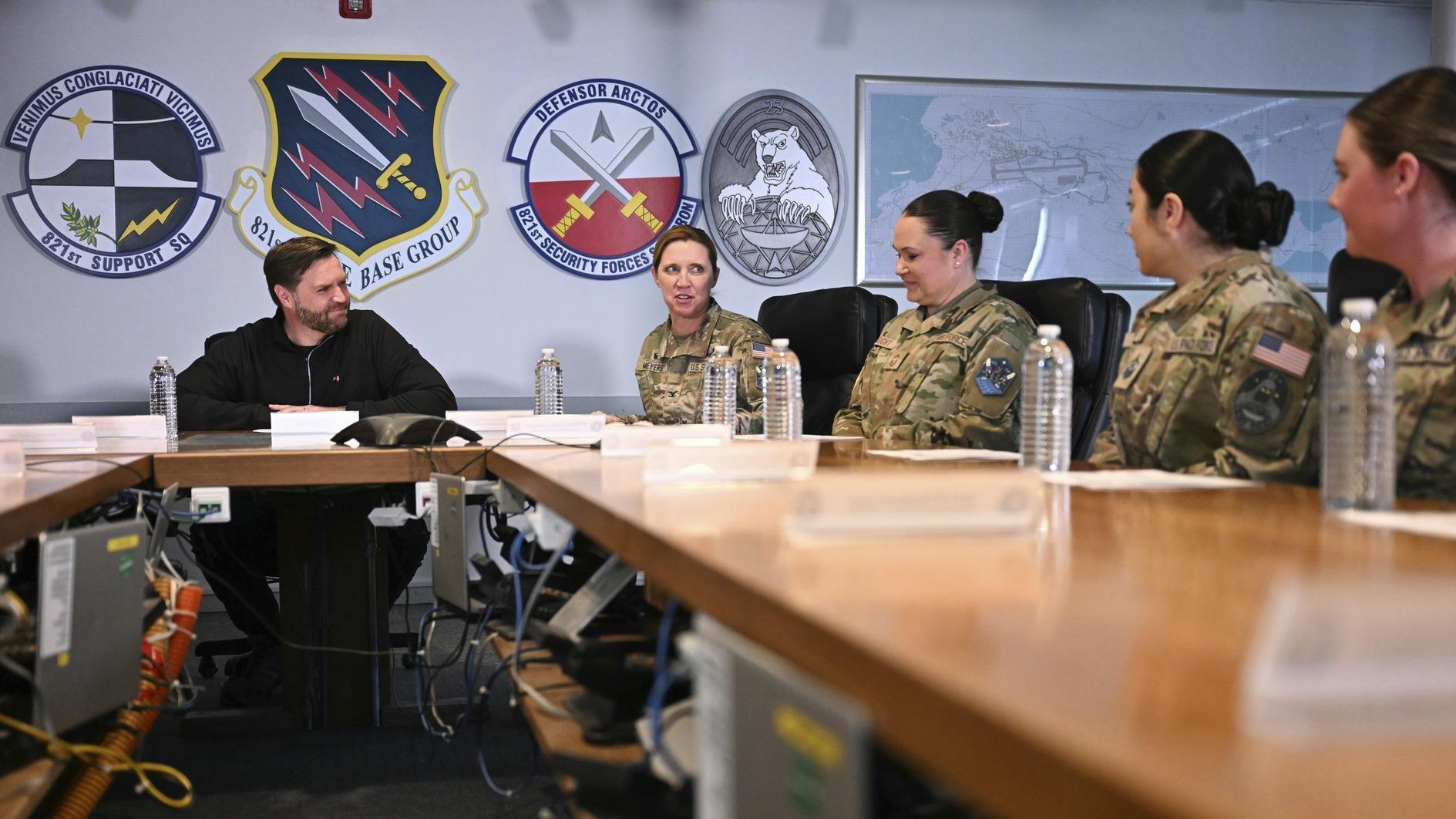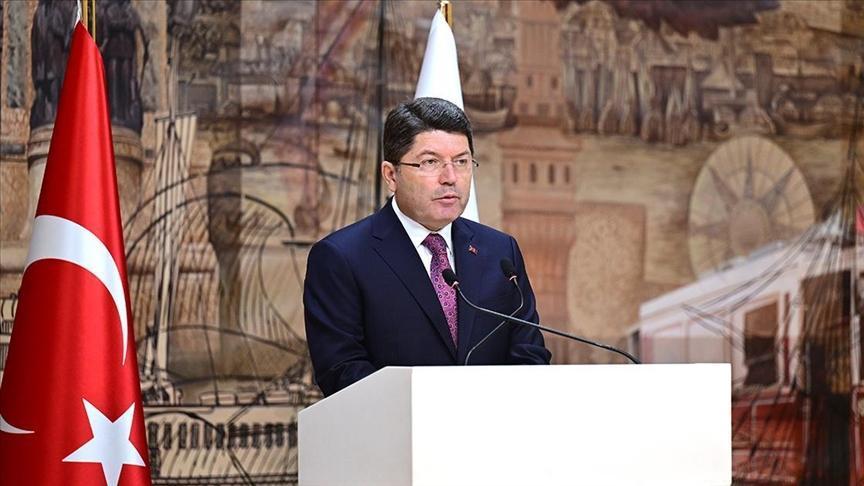Self-determination in the Middle East
Hardly a day passes without a new development that fuels the turmoil in the Middle East. Recently, regional and global powers have been focusing on the future of the Kurds in the region yet again, thanks to a referendum held on Sept. 25 in territories controlled by the Iraqi Kurdistan Regional Government (KRG) in northern Iraq.
What brought this about was the changing geopolitics of the region since the outbreak of the Arab Spring. Not only all the countries - except Israel - opposed to holding the referendum but also neighboring Turkey, Iran and Iraq have come together in their opposition and started to cooperate effectively for the first time since U.S. forces withdrew from Iraq in 2011.
Nobody can say the referendum was a totally unexpected development, as the Kurds of Iraq have been enjoying a de facto autonomy since the 1991 Gulf War and semi-independent status since the U.S. invasion of the country in 2003. What is more; the rise of the Islamic State of Iraq and the Levant (ISIL) have empowered the KRG as a result of both the support it got from the U.S.-led coalition, including sophisticated weaponry, and appreciation it received from the international community for its fight against ISIL.
Moreover, the weakening of the Iraqi central government as a result of ISIL’s rise provided an opportunity to the Kurds to grab nearby territories of the Kirkuk province, where they are in minority. While the continuous progress of the Kurdish people since the Gulf War and recent gains in Iraq and Syria as well as favorable images that allured Western eyes have brought about the calls for self-determination, which extremely annoys neighboring countries with their own substantial Kurdish populations.
While KRG leader Massoud Barzani argued that the result of the poll, which returned a 93 percent in favor of independence, was aiming to “lay the groundwork for further negotiations with the central government of Iraq,” it is clear to everyone watching anxiously nearby that the end game of those negotiations would be the partition of Iraq, a result that is resolutely opposed by not only the Iraqi government and neighboring Turkey and Iran, but also by the international community under the current circumstances. Reactions range from mild rebuke to carrot-and-stick policies and to highly charged threats of occupation of the KRG territory. The flights in and out of the region are already suspended, Iran has closed down its border gates and Turkey threatens to do so, military forces of the neighboring countries and the Iraqi government are maneuvering themselves to take action, etc.
Beyond the geopolitical argumentations of the regional countries, the readiness of the Iraqi Kurds for an independent statehood is also highly problematic considering the geographical limitations, hostile neighbors, very limited international support, inadequate resources available, and the internal struggles among Kurdish groups. But it would be naïve to expect from Kurds to abandon their desire for independence soon and completely, especially considering the current realities on the ground. But a middle ground has to be found somehow if the international community wishes to avoid adding another layer of conflict to an already complicated and conflict-ridden region.
Beyond the region, a new trend of self-determinism is emerging in different parts of the world, and will likely be the main issue in global political discussions for some time to come. Thus, countries that could be affected directly from the trend need to start thinking about all the possibilities beyond simplistic military options and find appropriate diplomatic responses. Let us not forget what the Italian diplomat and author Daniele Varè said: “Diplomacy is the art of letting someone else have your way.”











